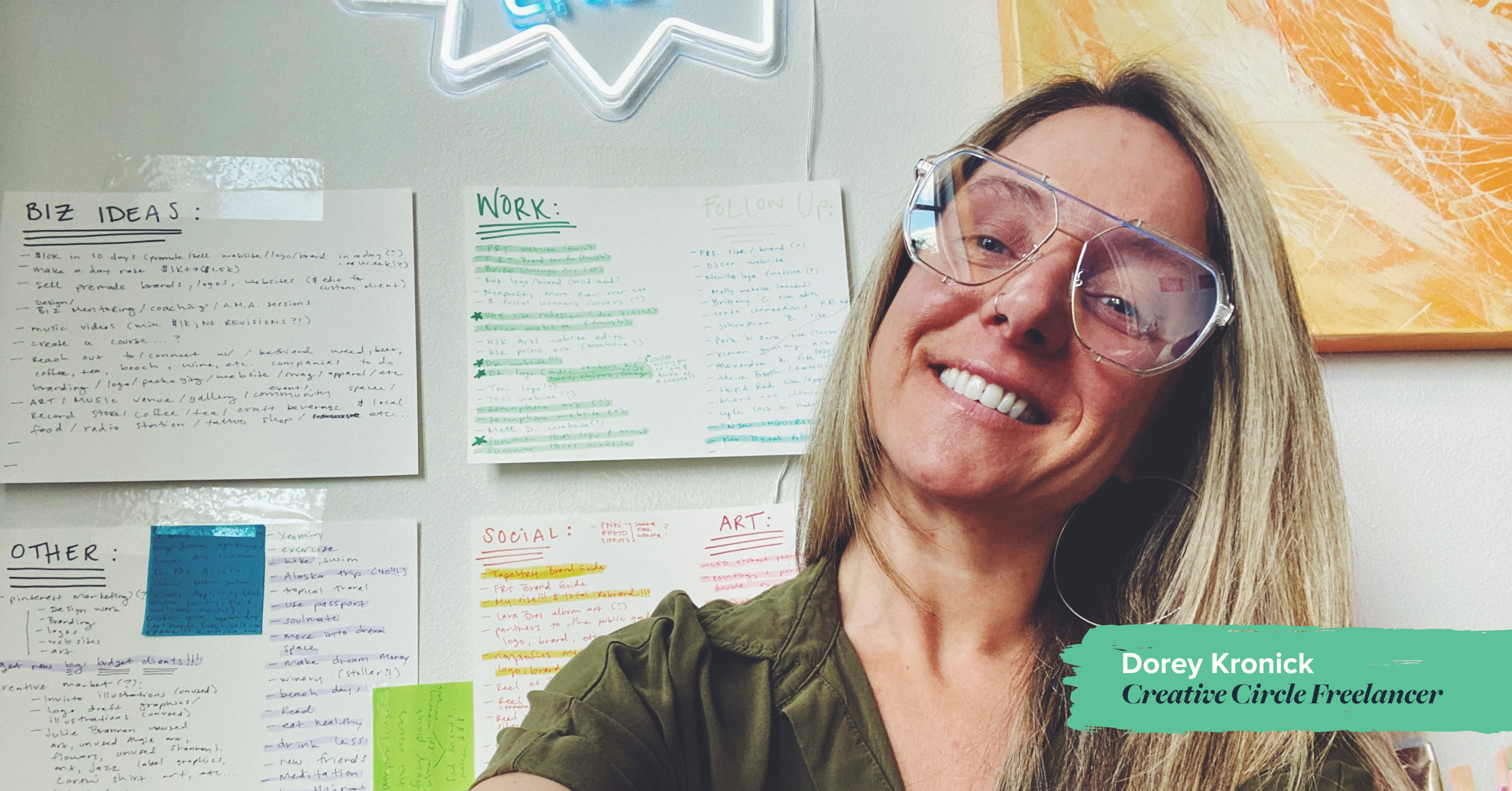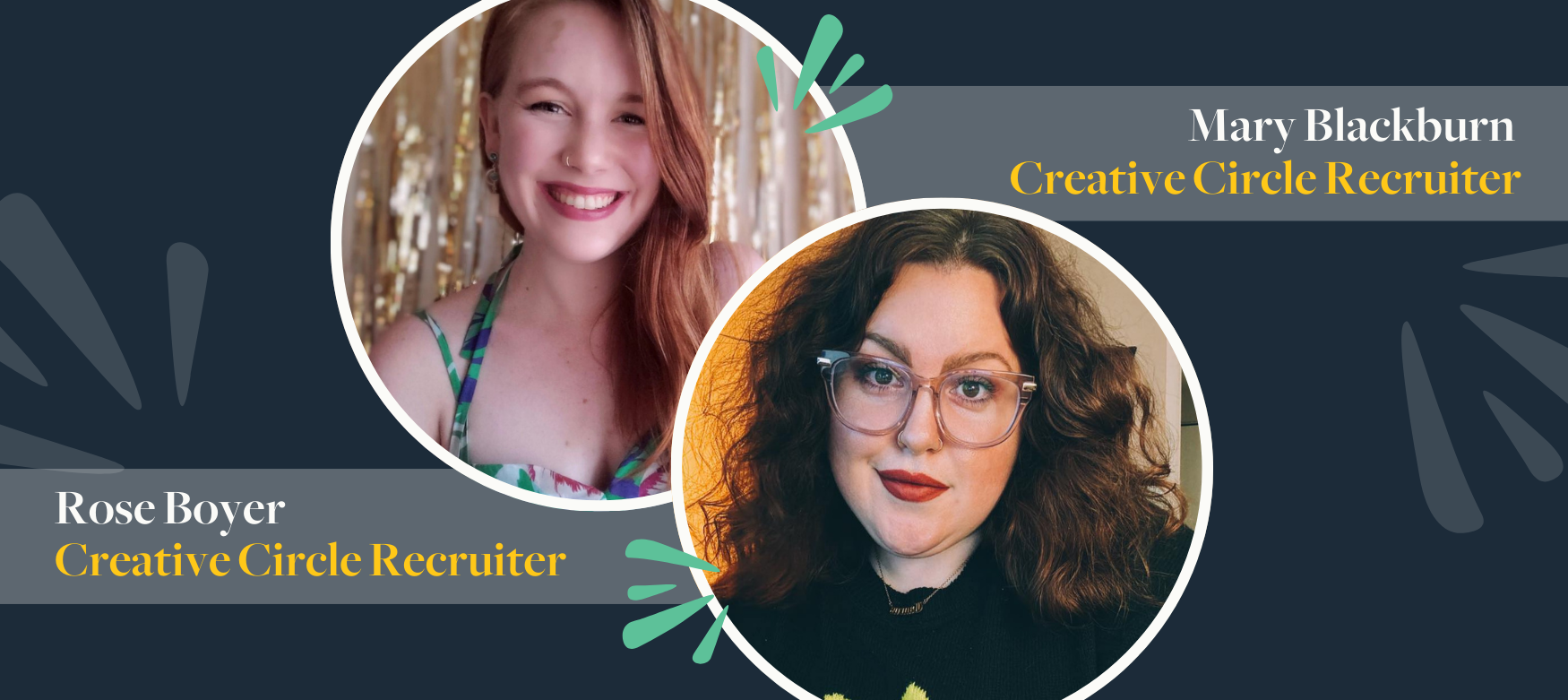If I ask my friends about their dating deal-breakers, I get a long, hilarious, and highly specific list. One friend won’t date a guy if his car has a spoiler (and in case you’re wondering, this friend is not 19, but 35). I have a guy friend who’s ghosted on smart, cute, funny girls for what he felt was the gratuitous, non-ironic use of “LOL” in written communications. (As a thinking, feeling human being, I hate it. Yet as a writer, I get it.)
But if I were to ask that same group of friends about their professional deal-breakers, they would give generic answers: the job must pay X dollars and offer benefits, give them the opportunity to work with people they enjoy, and not much beyond that.
Unfortunately, many of us believe that, when it comes to what we expect from our employers, we’re there at their pleasure and convenience, and beyond a paycheck, we shouldn’t be too picky. Not only is that a recipe for personal unhappiness, you’re setting a prospective employer up for mediocrity: if you’re burnt out, annoyed, or constantly watching the clock, you won’t do your best work.
Take stock of your deal-breakers
The same way you inventory your talents and then polish them into talking points, you should articulate (at least, to yourself) the things that would make an employment opportunity a no-go. Think back to jobs you’ve enjoyed, and also jobs you hated. Was there something specific that made it a slog? Maybe the job itself was fine, but you just couldn’t deal with the commute. Or you felt like you didn’t have a life outside of work. Or there was an annoying cubemate who wore nauseating cologne every day.
Below are common deal-breakers, as well as calculated yet diplomatic questions that will help you find out the truth, and look like an engaged, eager candidate, too.
Deal-breaker #1: cube life or open spaces
We all have different working styles: some of us enjoy sequestering ourselves in meeting rooms with a team, while others—myself included—would choose to work in a closet if it meant getting some privacy. And for many of us, this is really important.
Solution: If workspace is a deal-breaker for you, make sure you’re as observant as possible of the office layout. It at least merits a casual inquiry during the interview.
Deal-breaker #2: long, unpredictable hours
I’ve worked at advertising agencies where everyone was out the door by 6 p.m., but I’ve also freelanced at a few that were as busy at 9:00 p.m.as they were at 9:00 a.m. Working on a product launch or a pitch may mean late nights at the office and 6:00 a.m. conference calls with clients in another time zone. If you have pressing obligations outside your job (e.g., kids, schooling), this is something to ask about. Often businesses don’t hire freelancers until the workload exceeds their full-time employees’ ability to get it done, and this can factor into whether or not the job goes 9–5 or much, much later.
Solution: During the interview, ask questions like, “Why is this position available now?” or “What does work/life balance look like here?” Any reputable employer knows better than to ask if you are married or have a family, and while you shouldn’t volunteer that information on a first interview, it’s appropriate to ask if overtime is expected.
Deal-breaker #3: the corporate environment
Most creative people don’t dream about spending their days in meetings or working on spreadsheets. Yet that’s the reality with most “corporate” jobs – and that includes major or larger advertising agencies. True, there is usually a trade-off, and most of the time, it includes job security, prestige, a better paycheck, and high-caliber professional colleagues. Some people enjoy it, some people tolerate it…and some people want a casual environment that enables them to spend six months out of the year surfing in Costa Rica.
Solution: Ask questions such as, “What does a typical workday look like?” or “What is the ratio of actual creative/production time versus meetings and administrative time?”
Deal-breaker #4: never knowing what to expect
Are you comfortable working with tight timelines, juggling multiple projects, and working with new coworkers on an almost-daily basis, or do you prefer more workday stability?
Solution: Ask those targeted questions about the typical workday, why the job is available, and even what qualities the winning candidate should bring to the table.
Freelancing Gives You the Real Story
Much like a date lets you really get to know a potential bae, freelancing lets you take a job for a test spin. Even if you’re interviewing for a full-time, direct-hire position, you can always ask to freelance for a few weeks. Finding and recruiting the right fit can be a long and expensive process, so employers want to make sure it’s mutual infatuation.
Before you even start your job search, figure out your own deal-breakers. Remember, everyone wins when you’re happy at your job, but you’re the only person who knows what that looks like!
Lisa is a seasoned advertising copywriter who lives in Los Angeles. Her background includes both in-house and agency work on Fortune 500 and global accounts in the consumer and healthcare/pharmaceutical fields. She excels at words, fashion, and cats.




